asthma
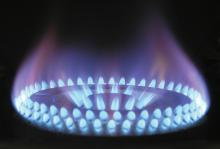
TUESDAY, MARCH 21, is the day for our big national action against the giant banks that are backing the fossil fuel industry.
Why March 21? Because it’s — if you think about it — 32123, simply too good a palindrome to pass up. It’s a countdown to the end of something (our economy’s blithe support for energy sources that scientists tell us we must now forego) and a count up to the real start of a possible transition.
We’ll be out in force across the country, picketing Citibank, Chase, Bank of America, and Wells Fargo branches: Those four giants lead the world in lending to Big Oil. Their offices look like benign tenants of strip malls across America, but in truth each should have a giant smokestack coming out the top, to remind us just how much carbon they produce. (If you have $125,000 in one of these institutions, which lends it out to build pipelines and frack wells, then that money is producing more carbon in a year than all the heating, flying, driving, cooling, and cooking of an average American.)
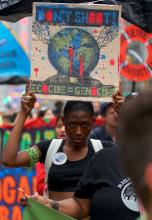
Black History Month is a time to reflect on the contributions African Americans have made to this country. We are right to pause and look back on those who have fought for justice and equal rights. But we mustn’t stop there. We also need to look forward and act to address one of the deadliest legacies of racial inequality: toxic pollution that is harming our children and poisoning our environment.
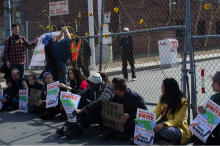
“An individual who breaks a law that conscience tells him is unjust, and who willingly accepts the penalty of imprisonment in order to arouse the conscience of the community over its injustice, is in reality expressing the highest respect for the law” —Martin Luther King, Jr.
Last year on a crisp afternoon in March, I was one of nine people arrested by the NYPD and taken away to the local precinct for processing. My crime? Attempting to plant detoxifying sunflowers on public brownfield land on the South Bronx waterfront in New York City.
Earlier in the day, more than 100 residents, faith leaders, organizations, friends, and allies came together to protest the proposed relocation of the online grocer FreshDirect to a residential neighborhood in the South Bronx. After a jubilant and joyous interfaith reflection and prayer vigil outside the entrance to the waterfront location, security guards refused to let us cross the gate, so we sat in front of it in protest — a peaceful and non violent act of civil disobedience.
Our coalition, South Bronx Unite, works to improve and protect the social, environmental, and economic future of the South Bronx in New York City, located in the poorest congressional district in the country. For three years we have been fighting to stop FreshDirect from receiving more than $100 million in subsidies and incentives to build a diesel trucking distribution center on public land along the Bronx Kill Waterfront.
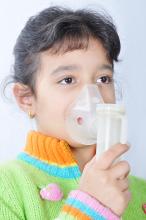
I was raised bilingual and bicultural in New Mexico, the state with the highest percentage of Latino population, nearly 50 percent. In addition to working as an environmental advocate, I am also a member of the rising Latino generation, the fastest growing young demographic in the country. Fifty thousand Latinos turn 18 every month. To put this in perspective, Pew Research Center estimates that by mid-century, Latinos will comprise nearly 30 percent of the U.S. population.
When I was 18, I had just graduated from high school with several years of soccer at Santa Fe’s 7,000-foot elevation under my belt. I was on my way to college, and would go on to complete a master’s of science in an interdisciplinary environmental sciences program.
What my experiences do not include are those that are far too common among Latino 18-year-olds who are disproportionately affected by carbon pollution. Carbon pollution contributes directly to climate change, in turn endangering Latinos due to the resulting health and environmental repercussions. One expected climate impact in the U.S. is more smog in areas with poor air quality, translating to more asthma attacks for our young people. In fact, the Latino community is one of the hardest hit: Hispanic children are nearly two times as likely to be hospitalized for asthma as white children. Other illnesses related to poor air quality, such as chronic bronchitis, are also prevalent within Latino communities, yet nearly half of all Latinos in the U.S. live in counties that often violate ground-level pollution standards.
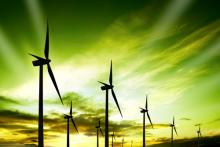
Nearly one-in-six people in the United States live in an area with unhealthful short-term levels of particle pollution. One in six. I was one of those one in six, growing up with moderate to severe asthma. I was hospitalized several times. My health was poor throughout my childhood and didn’t really show full significant improvement until after college.
It’s something I learned to deal with, not to focus on. Yet the truth is, I grew up in a part of the country with severe pollution. In our drive for cheap energy, society paid a social cost.
Luckily I grew up in a part of the world and during a time in history when medical advances kept pace with asthma, in my case just barely. My father also had asthma, as did his father before him. If I had grown up during my father’s time, I likely wouldn’t be here today. If I grew up in another part of the world I know I wouldn’t be here today.